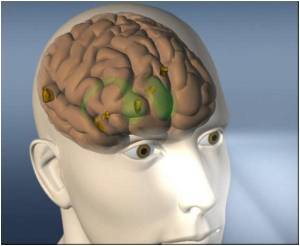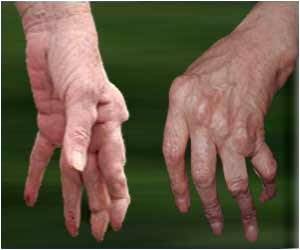New research in the prevention of cerebral oedema or swelling of the brain in those victims who have sustained a traumatic injury to the brain, holds promise in increasing their chances of survival.

The researchers have devised a method of safely manipulating the blood vessels in the brain to allow for periodic opening of tight junction channels between cells lining the vessels. A simple medication can be injected into a peripheral vein, rendering the blood vessels in the brain marginally and reversibly permeable to tiny molecules and this procedure allows the fluid in the brain, largely comprising water, to efficiently drain back into the blood.
"Unfortunately, there has been little change in treatment of acute brain swelling over the past 80 years and this is a major cause of mortality in traumatic brain injury (TBI), stroke and out-of-hospital cardiac arrest," says Senior Author of the Nature Communications paper, Dr. Matthew Campbell, of the Ocular Genetics Unit at Trinity College Dublin. "We developed the technique initially for treatment of neuronal edema in cases where injury has occurred to the visual cortex, the region of the brain involved in vision, in view of our Unit's profile in vision research, however, the same method can be used in alleviating edema in all parts of the brain," says Dr. Campbell.
In Europe alone, brain injuries cause over 66,000 deaths while almost 1.6 million people are admitted to hospital each year. Similar numbers are affected by stroke and cardiac arrest. In fact, more people suffer a traumatic brain injury (TBI) each year than the numbers diagnosed with breast, lung, prostate, brain, and colon cancer combined.
"The medication is based on the use of RNA Interference, a demanding technology which has had a bumpy ride within the pharmaceuticals industry in recent years, and I am delighted that a highly effective and simply deployable therapeutic strategy has emerged based on this technology. There is now a clear path to clinical deployment," says Professor Pete Humphries, Director of the Ocular Genetics Unit at Trinity College Dublin, where the work was carried out.
"Malignant brain swelling as a consequence of cardiac arrest, head injury, stroke, and brain tumours is the single most common factor leading to death in Western society and plays a major role in worsening the outcome of those who survive. Given how common these conditions are, anything that could significantly reduce the effect of brain swelling is likely to have a profound impact on morbidity and mortality and will have reverberations though the public health system," continued co-author, neurologist, Dr Colin Doherty, MD, St James's Hospital, Dublin.
Advertisement
Advertisement













